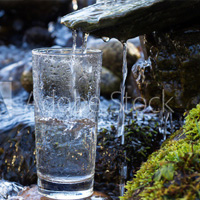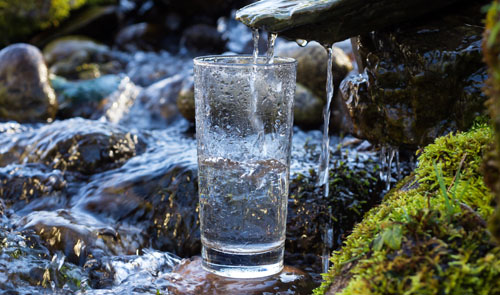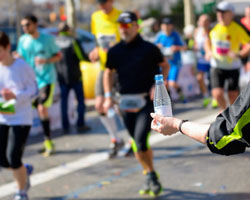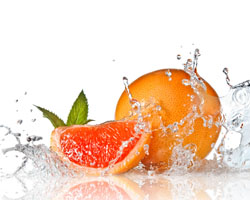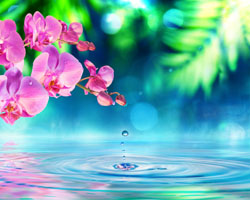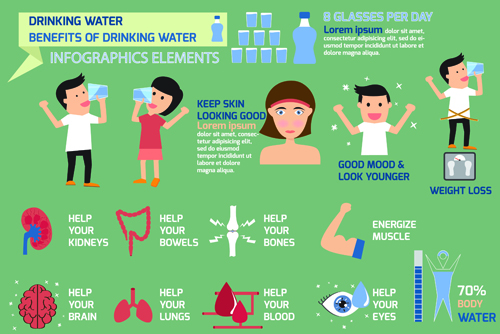Hydrated, Happy, and Healthy
Author by Nisha Jani
|
||||
|
Our kidneys function better when there is an abundant water supply. According to a recent study in an Oxford Journal Nutrition Review, without sufficient water there can be more wear and tear on the organ with a higher cost in energy. This can be worsened when your kidneys are under stress such as diets with excessive salt or toxic substances. In addition, continuously drinking water aids in keeping things moving throughout the body. The body’s lymphatic system which is normally used to flush out impurities and deliver nutrients can also be compromised when there isn’t enough fluid intake. Remember, the key is not excessive amounts of water consumption, but an adequate amount. |
Blood volume is another aspect of our body affected by water intake. Decreases in blood volume occur when we experience a loss of body water. For example, sweating after exercise causes a loss of water and sodium. Sweating is indeed an important cooling mechanism, especially in humid climates such as South Florida’s. The evaporation of sweat from the skin is important, but staying in a lower hydrated state will increase chances of fatigue, cramping and heat strokes. Your body may experience an increased heart rate and spike in blood pressure. Drinking water actually reduces heart rate and pressure within 15 – 20 minutes of consumption, with positive effects lasting up to an hour. |
Dehydration may also cause headaches and dizziness. Next time you experience this, lean towards hydrating yourself instead of grabbing the pain killers. Watch for signals like fatigue and migraines. Water deprivation can impair concentration and increase irritability, even prolonging those nasty headaches. Adequate hydration has even been associated with a reduction in health ailments. Further research is ongoing but these have included UTIs, chronic constipation, hypertension, blood clots, and even strokes. |
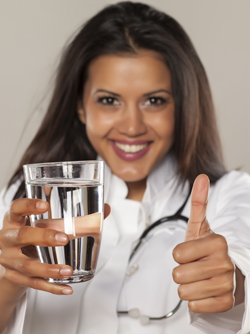 |
|
| Research has also shown that older persons are less thirsty, drinking less fluid overall than their younger counterparts. As we get older, we only drink water when we “feel thirsty.” However the key is to drink water continuously throughout the day, not waiting for the mind to signal dehydration. Many times, we reach for food instead of water thinking we feel “hungry” when in fact, we are simply thirsty.
While we have been told to drink 8-10 glasses of water a day, this has been under heavy scrutiny of many healthcare providers and nutrition panels. Much of the water we need comes through the food we consume. Though drinking excessive amounts of water has not been supported to provide extra health benefits, we must ask ourselves if we are even drinking the minimum. So this summer, keep your cellular homeostasis in check! While your house is bustling with relatives for the wedding season and you’re caught up with running errands for the new bride, check back with your health. Listen carefully to what your body has to say; more often than not it will tell you exactly what it needs. Stay hydrated, stay happy, stay healthy.
|
About the Author
Nisha Jani earned a Master’s in Exercise Physiology and Sports Medicine from the University of Miami, where she also studied psychology and kinesiology. She currently pursues athletic training & strength conditioning, while working full time in cardiology. Nisha’s expertise in exercise and physiology fuel her lifelong passions of dance, fitness, and teaching. She is passionate about bringing awareness to the community about the benefits of preventative medicine in the form of exercise and diet, favoring a holistic approach to well-being. |

